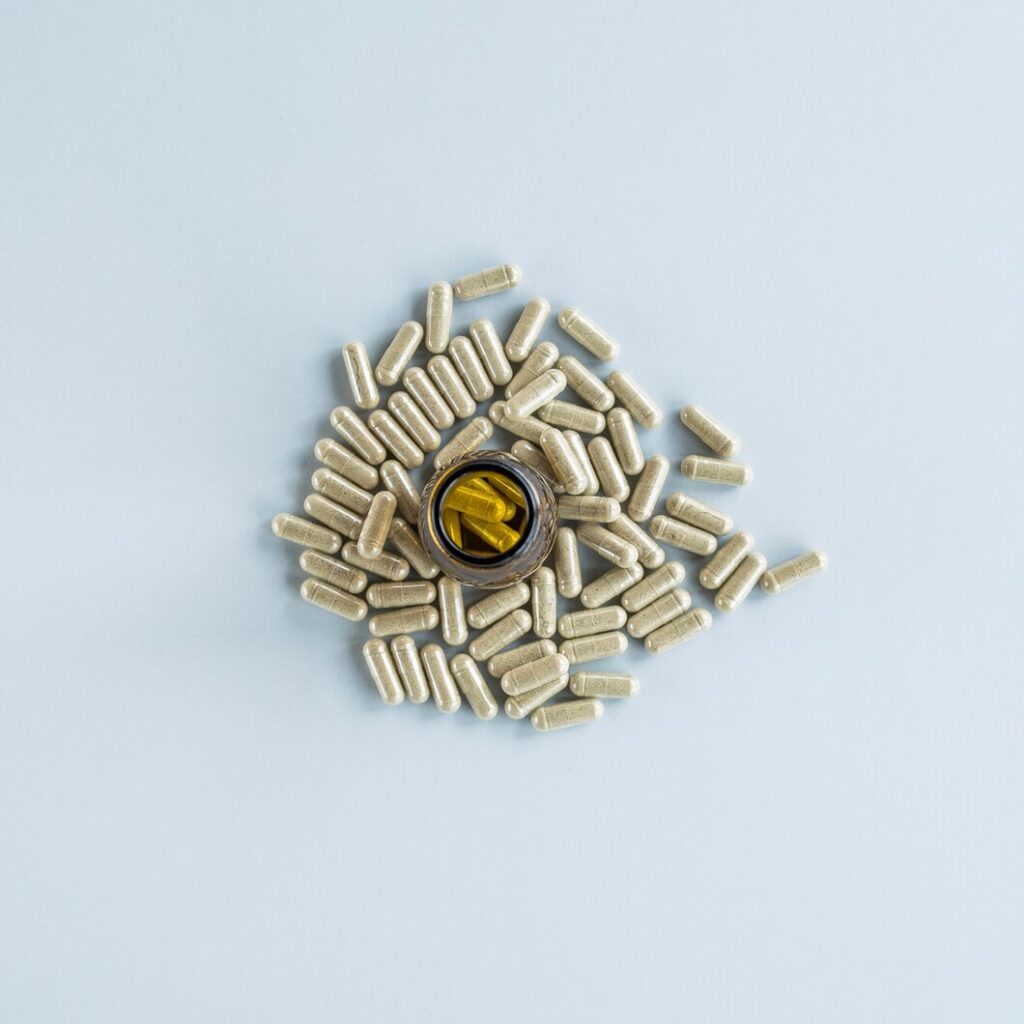What is Creatine?
Creatine is a naturally occurring substance found in muscle cells, and it plays a crucial role in the production of energy during high-intensity exercise. It’s made from three amino acids—arginine, glycine, and methionine—and is stored primarily in the muscles, with small amounts also found in the brain and other tissues. Creatine supplements are popular among athletes and fitness enthusiasts because they may enhance athletic performance, especially in activities that require short bursts of energy, such as weightlifting, sprinting, and high-intensity interval training (HIIT).
Facts about Creatine
1. It Improves Exercise Performance
Creatine supplementation is well-supported by research showing that it can increase strength, power, and endurance in high-intensity, short-duration activities. It helps regenerate adenosine triphosphate (ATP), the primary energy carrier in cells, which is used during explosive movements like lifting weights or sprinting.
2. It Enhances Muscle Growth
Creatine is known to promote muscle hypertrophy (growth) by increasing water retention in muscle cells and enhancing the effectiveness of resistance training. It can help athletes and bodybuilders gain lean muscle mass by supporting workouts and recovery, allowing for better training intensity and volume.
3. It’s Safe for Most People
Creatine is one of the most researched supplements in the world, and studies show that it is safe for healthy individuals when taken as directed. The recommended dosage is usually around 3-5 grams per day, with some athletes opting for a “loading phase” (20 grams per day for 5–7 days) before transitioning to a maintenance dose.
4. It Can Improve Cognitive Function
Creatine isn’t just beneficial for muscles—it also has potential cognitive benefits. Some studies suggest that creatine supplementation may help improve mental performance, especially in tasks that require short-term memory or quick thinking. This is particularly noticeable in individuals who are sleep-deprived or older adults.
5. It’s Not Just for Bodybuilders
While Creatine is often associated with bodybuilding and strength training, it can benefit athletes across many sports. From football and soccer to swimming and martial arts, athletes who engage in short bursts of intense exercise may benefit from increased power and energy levels.
Myths about Creatine
1. Myth: Creatine Causes Dehydration
One common myth is that creatine causes dehydration due to its water retention effects. While creatine draws water into the muscles, this doesn’t necessarily lead to dehydration. It’s important to drink plenty of water while supplementing with creatine to stay hydrated, but there is no strong evidence to suggest that creatine directly causes dehydration or related complications.
2. Myth: Creatine Causes Kidney Damage
Another myth is that creatine harms the kidneys. This concern arises from the fact that creatine is broken down into creatinine, a compound that is excreted by the kidneys. However, research has shown that creatine supplementation does not negatively affect kidney function in healthy individuals. People with pre-existing kidney conditions should consult a doctor before using creatine, but for the general population, creatine is considered safe.
3. Myth: Creatine Is Only for Men
Some believe that creatine is more beneficial for men than women, but this is not true. Both men and women can benefit from creatine supplementation, though women may experience a slightly less dramatic increase in muscle mass due to hormonal differences. Creatine still enhances exercise performance, muscle endurance, and recovery for women, just as it does for men.
4. Myth: You Need to “Cycle” Creatine
Some people think you need to take breaks from creatine supplementation to “cycle” it, but this is unnecessary. Research has shown that long-term use of creatine at the recommended doses (3–5 grams per day) is safe and effective without the need for cycling. There’s no need to stop taking creatine after a certain period unless advised by a healthcare professional.
5. Myth: Creatine Leads to Unwanted Weight Gain
While creatine can cause initial weight gain, it’s important to note that this is primarily due to water retention in the muscles, not fat. The weight gain from creatine is typically around 1–3 kg (2–7 pounds), but this is temporary and will subside once you stop taking creatine. Creatine does not directly cause fat gain, and it can actually help with fat loss indirectly by improving workout performance.
Conclusion
Creatine is a powerful and well-researched supplement that can enhance performance, support muscle growth, and even benefit cognitive function. Despite common myths about dehydration, kidney damage, and unnecessary cycling, creatine is generally safe for most people when used correctly. Whether you’re an athlete looking to improve your performance or someone aiming to build muscle, creatine can be a valuable addition to your supplement regimen.

